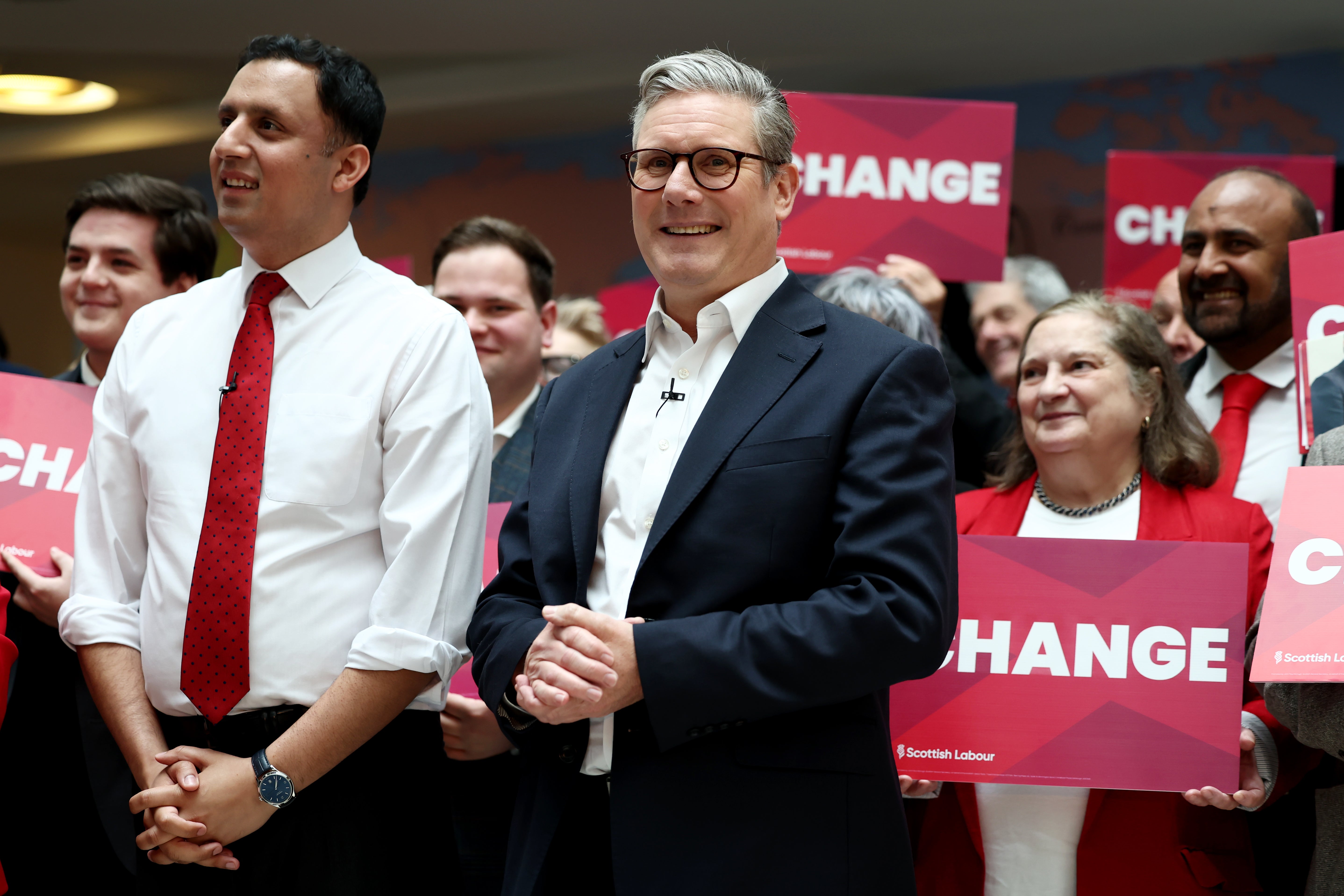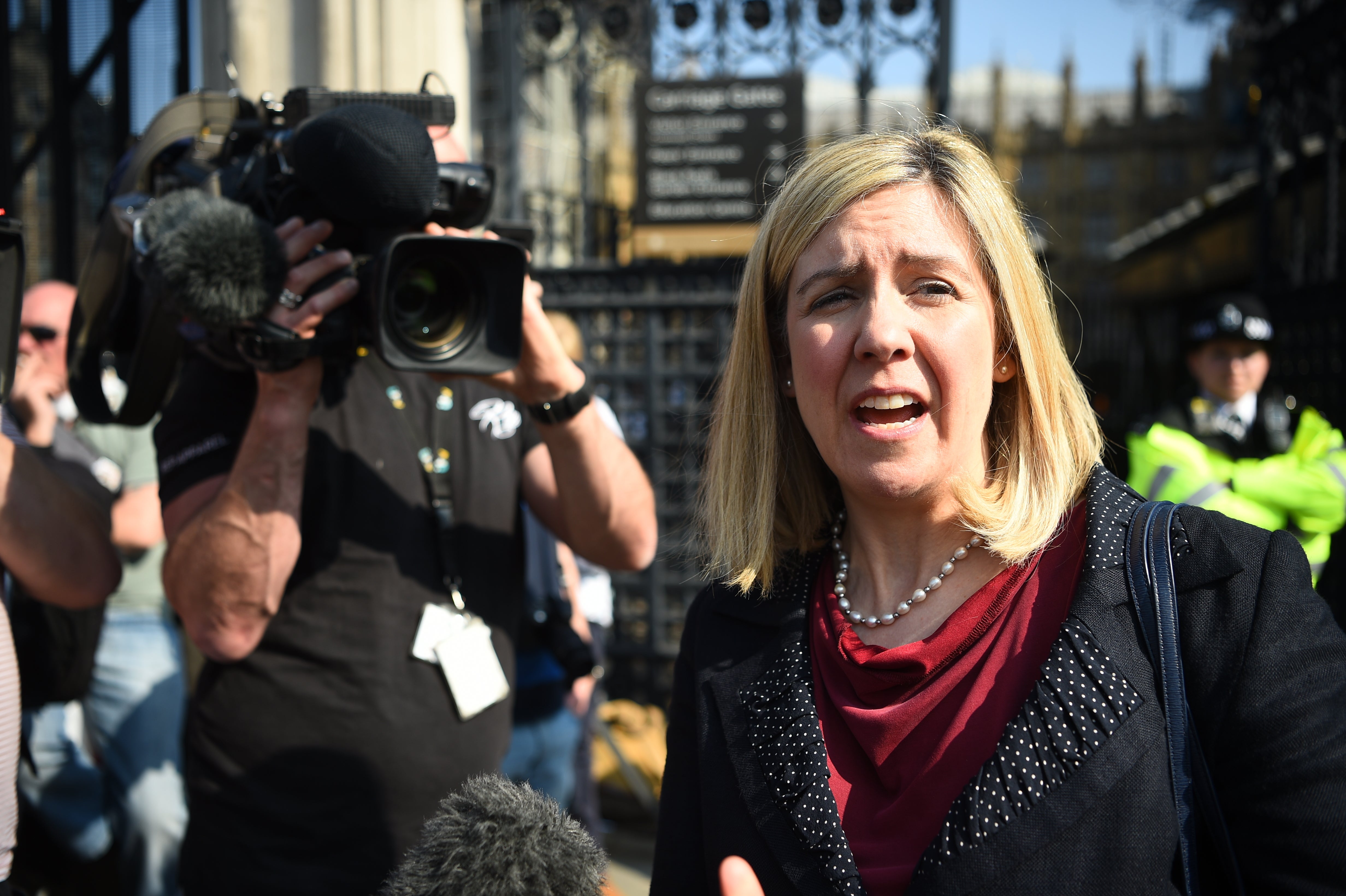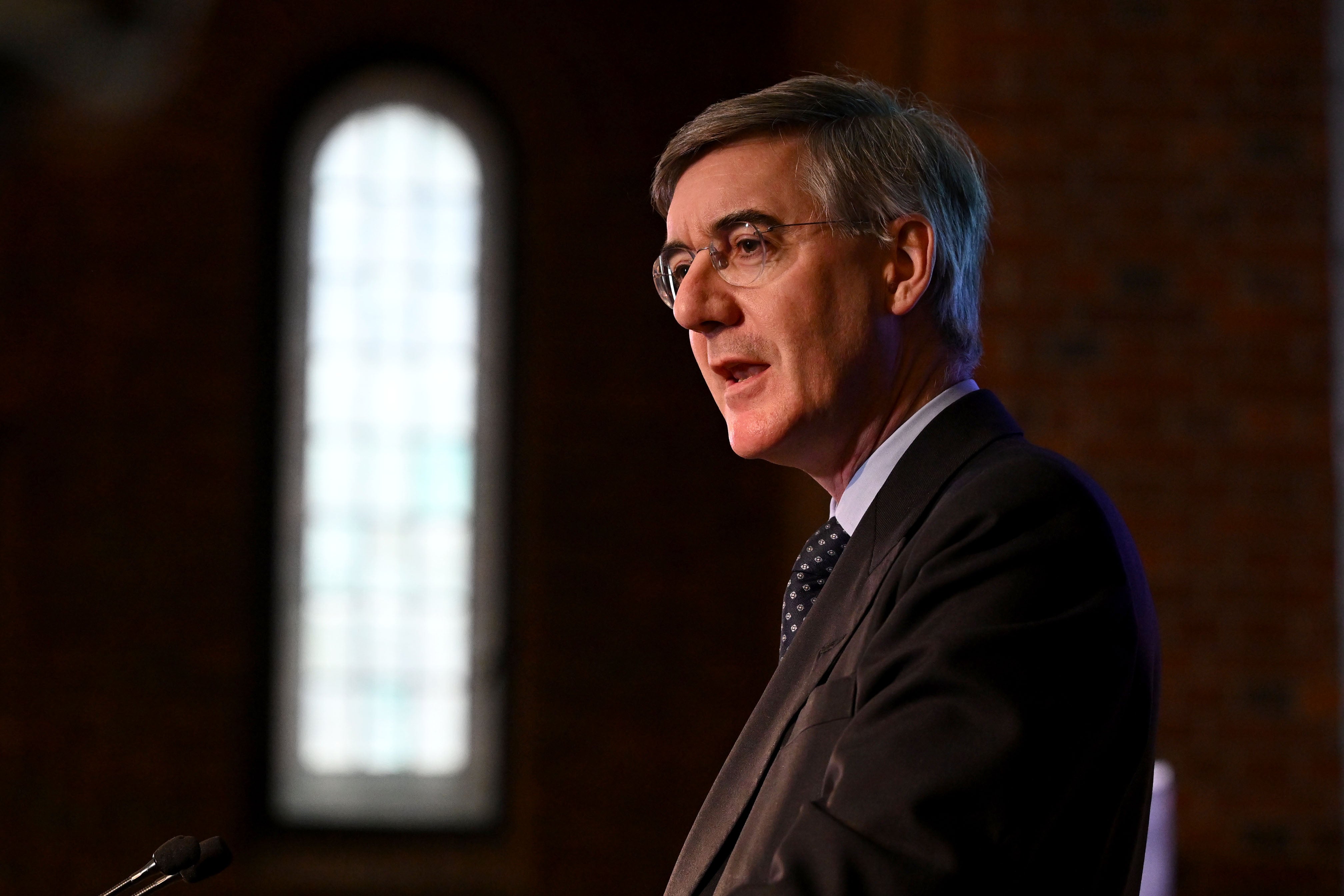Is Labour trying to rig election system with plans for votes at 16?
Keir Starmer says he will allow 16- and 17-year-olds to have the vote, leading to claims by Tory MPs that he wants to ‘rig future elections’. Political editor David Maddox looks into whether the accusation is true or if the Labour leader is just trying to be fair


While much of the election debate is around the personalities of Rishi Sunak versus Keir Starmer or their economic plans or even their proposals to tackle the migration crisis, there are some other serious underlying issues at stake.
One of these is electoral and political reform which is being pushed by Starmer.
The Labour leader has previously spoken of his desire to replace the House of Lords with an elected chamber but rowed back on this. The one policy he has made clear he is committed to as this election gets underway is to give the vote to 16-year-olds. He has also discussed giving it to EU citizens who have not taken British nationality.
When Starmer confirmed that 16-year-olds will be given the vote by a Labour government there was an immediate claim from some Tories that he was trying to rig future elections. But is this true?
Which countries currently have votes at 16 and 17?
Across the world there are only a handful of countries where the voting age is less than 18. Currently only Nicaragua, Scotland (for devolved Scottish Parliament and council elections), Isle of Man, Guernsey, Ethiopia, Ecuador, Cuba, Brazil, and Austria have votes at 16.
Another seven – Sudan, South Sudan, North Korea, Indonesia, Greece, and East Timor – have votes from 17.
The UK brought the voting age down from 21 to 18 under Harold Wilson’s Labour government in the Representation of the People’s Act in 1969 and currently that is the age for the vast majority of countries.
South Korea though has votes from 19 and there are three countries with votes at 20 and above – Nauru, Taiwan, and Bahrain. Oman, Samoa, Tokelau, Tonga, Singapore, Malaysia, Kuwait, Jersey, and Cameroon voting age is 21 and above. The United Arab Emirates has the oldest legal voting age in the world with a voting age of 25 or older.

Why does Keir Starmer say he wants to lower the voting age?
For Starmer, the issue is one of no taxation without representation, a principle which underpins democracies around the globe.
When pressed on the issue in the West Midlands on Friday, he said: “If you can work, if you can pay tax, if you can serve in your armed forces, then you ought to be able to vote.”
Legally people aged 16 and above are able to do full time work and be taxed, so he has a strong case.

The view of the Electoral Reform Society
The Electoral Reform Society believes that votes at 16 and 17 will help increase the turnout in other age groups.
It notes on its website: “The way people come into contact with politics in their formative years is crucially important for the future of our democracy.
“When they can vote, 16 and 17-year-olds have higher rates of turnout than 18- to 24-year-olds – with 75 per cent voting and 97 per cent saying they would vote in future elections. They accessed more information from a wider variety of sources than any other age group.
“If you vote, you are more likely to vote in future. So as 18-year-olds who don’t vote become 50-year-olds who don’t vote, 16 and 17-year-olds who do vote will continue to vote as they age.
“Extending the right to vote would allow a seamless transition from learning about voting to putting it into practice.
“We have already potentially lost one generation. We cannot deny the first generation of voters who have studied our democracy the right to use this knowledge in a General Election. That’s a missed opportunity.”

Why are most Tories opposed to the idea?
There hasve been concerns that lowering the age will bring political campaigning into the school classroom and see even younger age groups targeted. For example, if the next election is in two years time politicians could start using school visits to persuade 14-year-olds to vote for them.
But the biggest worry for Conservatives is that it is aimed at trying to keep them out of power.
This is because most young voters tend to support Labour. Last week’s weekly tracker poll by Techne UK was typical of this showing that among those who have decided how to vote 53 per cent of 18 to 24-year-olds would support Labour and only 15 per cent the Tories.
Tory MP Andrea Jenkyns put a video out on X (formerly Twitter) claiming that Starmer wants to “rig future elections”.
Warning of “far-reaching consequences”, she said: “Not all change is good change! Starmer's ideology is just like the SNP. He will push identity politics & amnesty on illegal migrants. This ideology will be perpetuated by 16-year-olds having the vote as he confirmed today. We will never have another Conservative government again.”

Will it really make a difference?
One senior Tory MP who does not agree with Jenkyns is Jacob Rees-Mogg. He points out that there have been a number of large and small changes over the years and none of them have had a significant impact on who wins elections.
Wilson’s votes at 18 did not prevent the Conservatives under Ted Heath winning in 1970. The Tories’s more recent voter ID changes did not stop Sadiq Khan and Labour candidates across England from winning in the local and mayoral elections.
In the 19th century the Whigs Great Reform Act of 1832 led to the Tories winning power again a few years later. Meanwhile, Benjamin Disraeli’s Tory government’s extension of the franchise in 1867 in the end helped William Gladstone’s Liberals to return to power.
Evidence suggests that hopes parties may have about boosting their own support or fears they have about the impact on their vote is usually greatly exaggerated.
Join our commenting forum
Join thought-provoking conversations, follow other Independent readers and see their replies
Comments
Bookmark popover
Removed from bookmarks